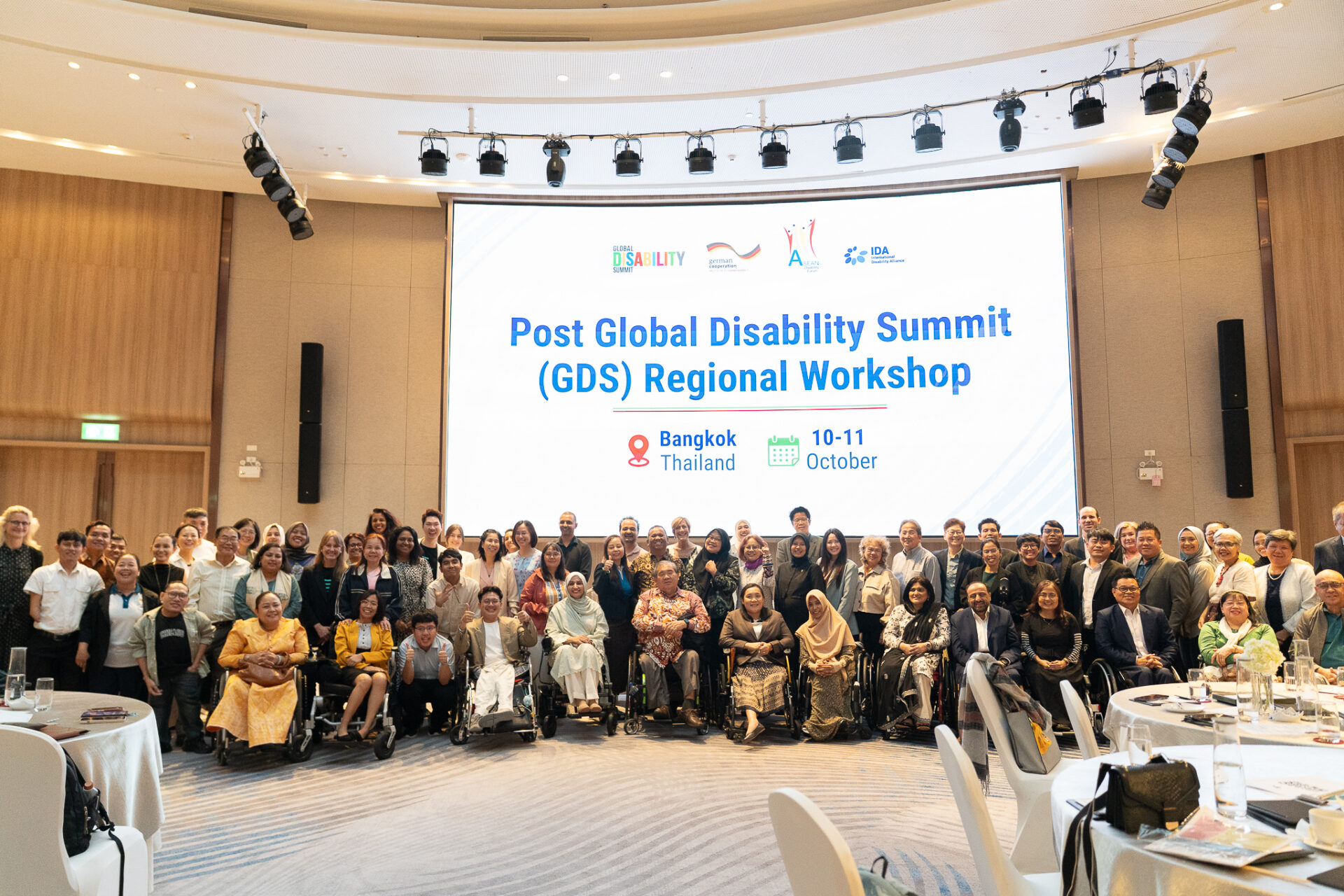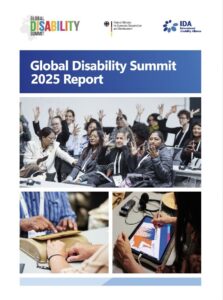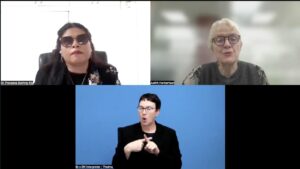“How can commitments made at global summits truly reach people in every country?” This question, raised by Mr PT Lim, Chair of ASEAN Disability Forum (ADF) and Treasurer of IDA, captured the spirit of the Post-GDS Regional Workshop. Held in Bangkok on 10–11 October 2025, the workshop was more than a follow-up event, not just to reflect, but to design how the GDS commitments and the Amman-Berlin Declaration bring change across the region.
Co-hosted by the International Disability Alliance (IDA), the ASEAN Disability Forum (ADF) and Germany’s Federal Ministry for Economic Cooperation and Development (BMZ). Participants included organizations of persons with disabilities (OPDs) from 10 countries, Brunei, Cambodia, Indonesia, Laos, Malaysia, Nepal, Pakistan, Philippines, Singapore, Sri Lanka, and Thailand, along with representatives from the Asian Development Bank (ADB), UN ESCAP, UNICEF, and others.

Experiences from the ASEAN region
OPD leaders shared experiences on how inclusion depends not just on policies, but on collaboration, communication, and grounded leadership. Accessibility and communication were recurring themes during the discussion. Ms Monika Mak from Cambodia illustrated this by explaining how her organization produced posters, cartoons, and videos with subtitles, sign language, and community-language audio to reach rural audiences about the Declaration. “Accessibility is not just about rights,” she said, “it’s about clarity and practical understanding.”
From Nepal, Ms Pampha Purkoti from Nepal’s Dalit with Disabilities Association Network shared how her organization documented seven years of OPD activities around the gds inn a Nepali-language guide, an example of local leadership. Ms Abia Akram, Chair of the Global Forum on the Leadership of Women with Disabilities stressed that “accessible language and advisory councils are key.”
Participants also discussed the importance of disability-disaggregated data to inform policy and measure progress. Ms Sreerupa Mitra Mitra noted that standardized tools like the Washington Group question sets and the Child Functioning Module have been integrated into national surveys, even in humanitarian settings.
From the perspective of development finance, Ms. Louise A. McSorley of the ADB outlined the bank’s commitment to inclusive growth through government and private sector financing. “Inclusion is a continuous learning journey,” she said, acknowledging the need to strengthen accountability and technical support.
When participants began mapping what truly holds back inclusion in the region, three challenges stood out: recognition, capacity, and communication, each tied directly to whether the commitments agreed under the Amman-Berlin Declaration can become real in local settings.
1. Recognition and representation: Many OPDs are still not formally registered, which blocks access to funding and policy spaces and that means countries struggle to meet the “15 percent for the 15 percent”. “Without legal status, we exist, but we’re invisible,” one participant from Nepal noted. Governments often consult the same few organizations, leaving smaller or rural OPDs unheard. To address this, participants proposed a consortium model where established OPDs mentor emerging ones and jointly advocate for recognition within national frameworks. It supports the Declaration’s aim to deepen meaningful engagement of OPDs across all levels.
2. Capacity and resources: Across several countries, OPDs struggle with limited technical knowledge on proposal writing, project management, and fundraising. A participants from Philippines noted that smaller organizations “often know the problems best but don’t have the tools to respond.” Participants agreed that regional peer-learning platforms and targeted training on advocacy and implementation could help smaller OPDs move from project participants to full partners in development programs. Building that capacity is essential for reaching the “15 percent for the 15 percent” target by 2028.
3. Communication and accessibility: Cultural and language barriers continue to limit participation, especially for women and organizations outside capital cities. A participant from Malaysia emphasized that “important information rarely reaches our communities in the formats we need.” Participants highlighted the need for accessible materials in community languages, audio formats, and sign language not as afterthoughts, but as part of every policy and program design. That helps fulfill the Declaration’s call for inclusive and accessible development cooperation.

Addressing these obstacles is not just about solving isolated challenges. When recognition, capacity, and communication systems are strengthened, the region is better equipped to turn GDS commitments into lasting change. Stronger national data systems, dedicated inclusion budgets, and regular dialogues between OPDs and governments were identified as next steps. What began as a session on roadblocks turned into a collective blueprint for regional collaboration one that moves from identification to action.
The workshop underlined that progress on disability inclusion depends on continued collaboration beyond the Summit itself. It provided a platform to regional stakeholders and OPDs to connect and translate shared learning into action and strengthen the foundation for continued engagement toward GDS 2028.


